Genuine sasquatch DNA probably not found
There’s been a bunch of publicity recently over claims that Bigfoot really exists and that a group of forensic scientists have the DNA to prove it.
After being rejected from the top journals either because of prejudice and hide-bound conservatism or because of not having any worthwhile evidence, the researchers have managed to publish some results in a peer-reviewed journal. That they set up for the purpose. (unkind scientists on Twitter are making jokes about the next issue, some of which are quite funny)
Ars Technica has the closest to actual information about the paper that I’ve seen, and their analysis sounds right to me. The paper says that the Bigfoot mitochondrial DNA matches humans, so the creature is a hybrid between humans and some unknown primate. However, the mitochondrial DNA matches are mostly to sequences from Europe and the Middle East, not to Native American sequences, which looks like contamination rather than hybridisation. Similarly, the results for nuclear DNA should show fairly long sequences matching humans, and other fairly long sequences that look similar to but not identical to other known primates, but they don’t seem to.
The genome data has only been released in PDF format, not in any of the formats that scientists normally use for storing genome sequences. When someone gets around to converting it, and the full surplus power of the world’s sequence matching software is turned loose, the results will be obvious — so the fact this hasn’t happened is not encouraging.
Is this scientific fraud? Given the real attempts the researchers have made to publish their results, I think we can repeat an answer quoted by physicist Bob Park after the first cold fusion press conference: “Not yet.” And let’s hope it stays that way.
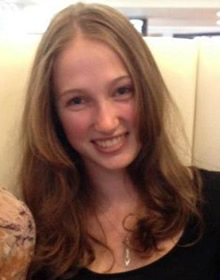 “I’m working on a collaborative research project looking at statistics education in New Zealand at the secondary and tertiary level. This summer the research team has been expanded to include two research assistants, myself and
“I’m working on a collaborative research project looking at statistics education in New Zealand at the secondary and tertiary level. This summer the research team has been expanded to include two research assistants, myself and 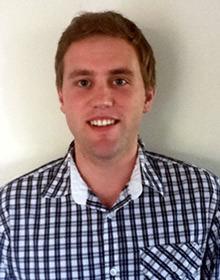 “Astronomers often take images of the sky, then look for objects such as stars or galaxies in these images. It is of interest to measure the “flux” or total brightness of the objects, which is then used as input to scientific studies. However, this cannot be done accurately because the images are noisy, especially when they are of very faint distant objects such as the first galaxies in the universe.
“Astronomers often take images of the sky, then look for objects such as stars or galaxies in these images. It is of interest to measure the “flux” or total brightness of the objects, which is then used as input to scientific studies. However, this cannot be done accurately because the images are noisy, especially when they are of very faint distant objects such as the first galaxies in the universe.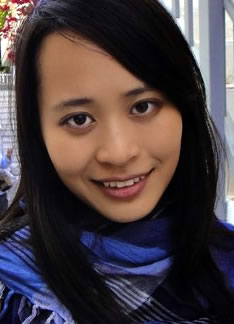 “My summer research with
“My summer research with 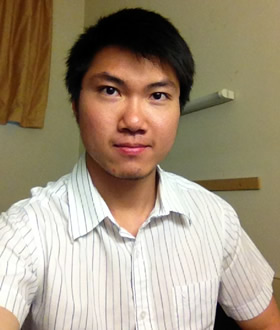 “I’m working on various theoretical aspects (investigation of different types of distribution, implementation of new mathematical-based theories) and practical sides (data cleaning, issues in LaTeX and Sweave).
“I’m working on various theoretical aspects (investigation of different types of distribution, implementation of new mathematical-based theories) and practical sides (data cleaning, issues in LaTeX and Sweave).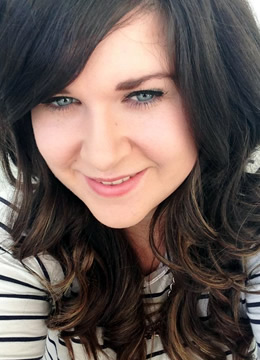 “Phylogenetic inference aims at deriving the most likely ancestry of a set of species, as well as information relating to evolutionary speed and potential related events. It is an important process in which we wish to classify the history of an organism, but we don’t know that history. Thus, we must infer the evolutionary transformations that have taken place, to provide the best estimate of the true phylogeny.
“Phylogenetic inference aims at deriving the most likely ancestry of a set of species, as well as information relating to evolutionary speed and potential related events. It is an important process in which we wish to classify the history of an organism, but we don’t know that history. Thus, we must infer the evolutionary transformations that have taken place, to provide the best estimate of the true phylogeny.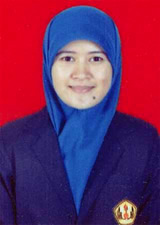 “There is an urgent public health need to reduce obesity. Research from other countries indicates food portion sizes have been increasing parallel with rates of obesity, and are an important contributory factor. But no information currently exists on how New Zealand adults’ food portion sizes are changing over time.
“There is an urgent public health need to reduce obesity. Research from other countries indicates food portion sizes have been increasing parallel with rates of obesity, and are an important contributory factor. But no information currently exists on how New Zealand adults’ food portion sizes are changing over time.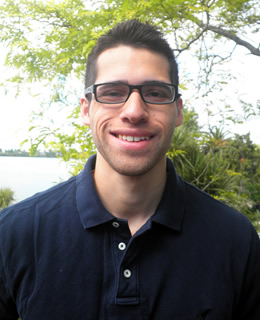 “A Voronoi treemap is a graphical, non-rectangular representation of hierarchical data. Voronoi Treemaps are often used to represent population data (subdivisions within the Voronoi treemap represent elements of the population and their respective weights). There are currently algorithms in place that allow a user to generate Voronoi treemaps; however, the algorithms are slow and unstable.
“A Voronoi treemap is a graphical, non-rectangular representation of hierarchical data. Voronoi Treemaps are often used to represent population data (subdivisions within the Voronoi treemap represent elements of the population and their respective weights). There are currently algorithms in place that allow a user to generate Voronoi treemaps; however, the algorithms are slow and unstable.